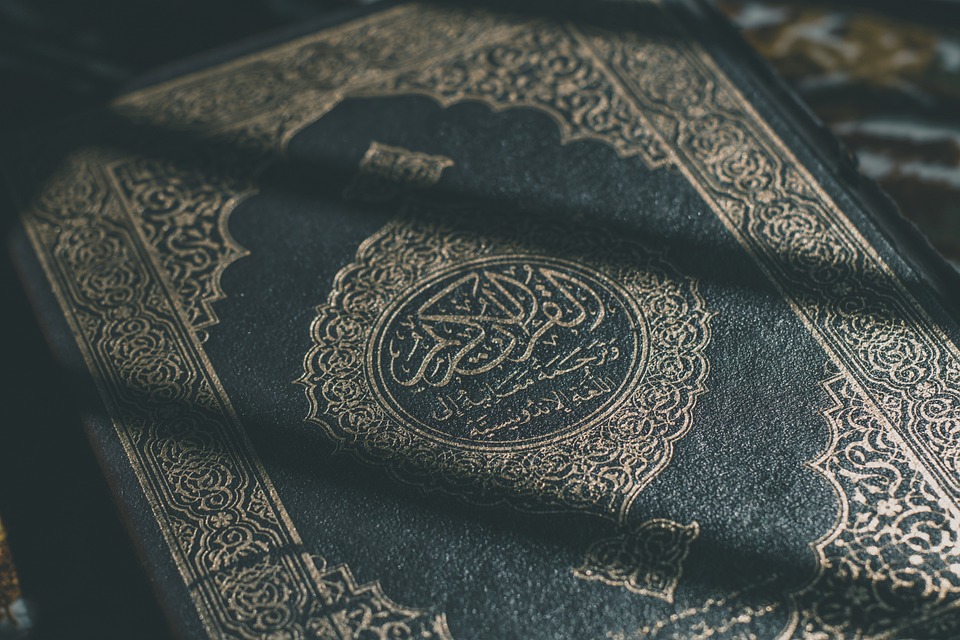
The Spread of Islam: Conquests and Cultural Exchange
Introduction
Islam, one of the largest and fastest growing religions in the world, has a rich history of conquests and cultural exchange that have contributed to its spread across various continents. From its origins in the Arabian Peninsula in the 7th century, Islam quickly expanded to encompass vast territories through military conquests, trade, and cultural diffusion. This article will explore the key conquests and cultural exchanges that shaped the spread of Islam and its impact on the world.
Military Conquests
The early spread of Islam was largely facilitated by military conquests led by the Islamic caliphates. The Rashidun caliphate, the first caliphate following the death of the Prophet Muhammad, embarked on a series of military campaigns that led to the rapid expansion of Islam. One of the most significant conquests was the battle of Yarmouk in 636, where the Islamic forces defeated the Byzantine Army, paving the way for the Arab-Muslim conquest of Syria.
Under the Umayyad caliphate, which succeeded the Rashidun caliphate, Islam continued to spread through military conquests. The Umayyads conquered territories in North Africa, Spain, and the Indian subcontinent, further expanding the reach of Islam. The conquest of Spain in particular had a lasting impact on the region, leading to the establishment of a vibrant Islamic civilization known as Al-Andalus.
The Abbasid caliphate, which followed the Umayyad caliphate, continued the tradition of military conquests and further expanded the Islamic empire. The Abbasids conquered territories in Central Asia, the Mediterranean, and the Indian subcontinent, solidifying Islam’s presence in these regions. The conquests of the Seljuk Turks and the Mamluks also played a crucial role in spreading Islam to new territories and consolidating its influence in the Middle East and beyond.
Cultural Exchange
In addition to military conquests, cultural exchange played a crucial role in the spread of Islam. As Islamic empires expanded, they came into contact with diverse cultures and civilizations, leading to a rich exchange of ideas, art, and technology. This cultural exchange not only enriched Islamic civilization but also influenced the societies that Islam encountered.
One of the key mechanisms of cultural exchange was trade. Islamic merchants traveled far and wide, establishing trade networks that stretched from the Mediterranean to Southeast Asia. Through trade, Islamic civilizations acquired goods, technologies, and knowledge from other cultures, while also spreading Islamic ideas and practices to new territories.
Another important aspect of cultural exchange was the translation movement that took place in Islamic empires. Muslim scholars translated ancient Greek, Persian, and Indian texts into Arabic, preserving and disseminating knowledge from these civilizations. This helped to revitalize learning and scholarship in the Islamic world and facilitated the transfer of knowledge between different cultures.
Islamic art and architecture also played a significant role in cultural exchange. The distinctive architectural styles of Islamic civilization, such as the use of geometric patterns and arabesques, spread to regions that came under Islamic rule, influencing the design of buildings and monuments. Islamic art, including calligraphy, miniature painting, and ceramics, also had a profound impact on the artistic traditions of the regions that Islam touched.
Impact on the World
The spread of Islam through conquests and cultural exchange had a lasting impact on the world. Islam transformed the societies it encountered, shaping their religious beliefs, social structures, and artistic expressions. The Islamic world became a center of learning and creativity, producing advancements in science, medicine, and philosophy that influenced the development of Western civilization.
The spread of Islam also had a profound political impact, as Islamic empires established vast territorial holdings that controlled trade routes and influenced global politics. The caliphates and sultanates that arose in the Islamic world wielded considerable power and influence, shaping the geopolitics of the regions they inhabited.
In conclusion, the spread of Islam through conquests and cultural exchange has shaped the world in profound ways. From its origins in the Arabian Peninsula, Islam expanded through military campaigns that established Islamic empires in diverse regions. Through trade, translation, and artistic exchange, Islamic civilizations engaged with other cultures, contributing to a rich tapestry of ideas and influences. The legacy of Islam’s spread continues to be felt today, as the religion remains a vibrant and dynamic force in the world.